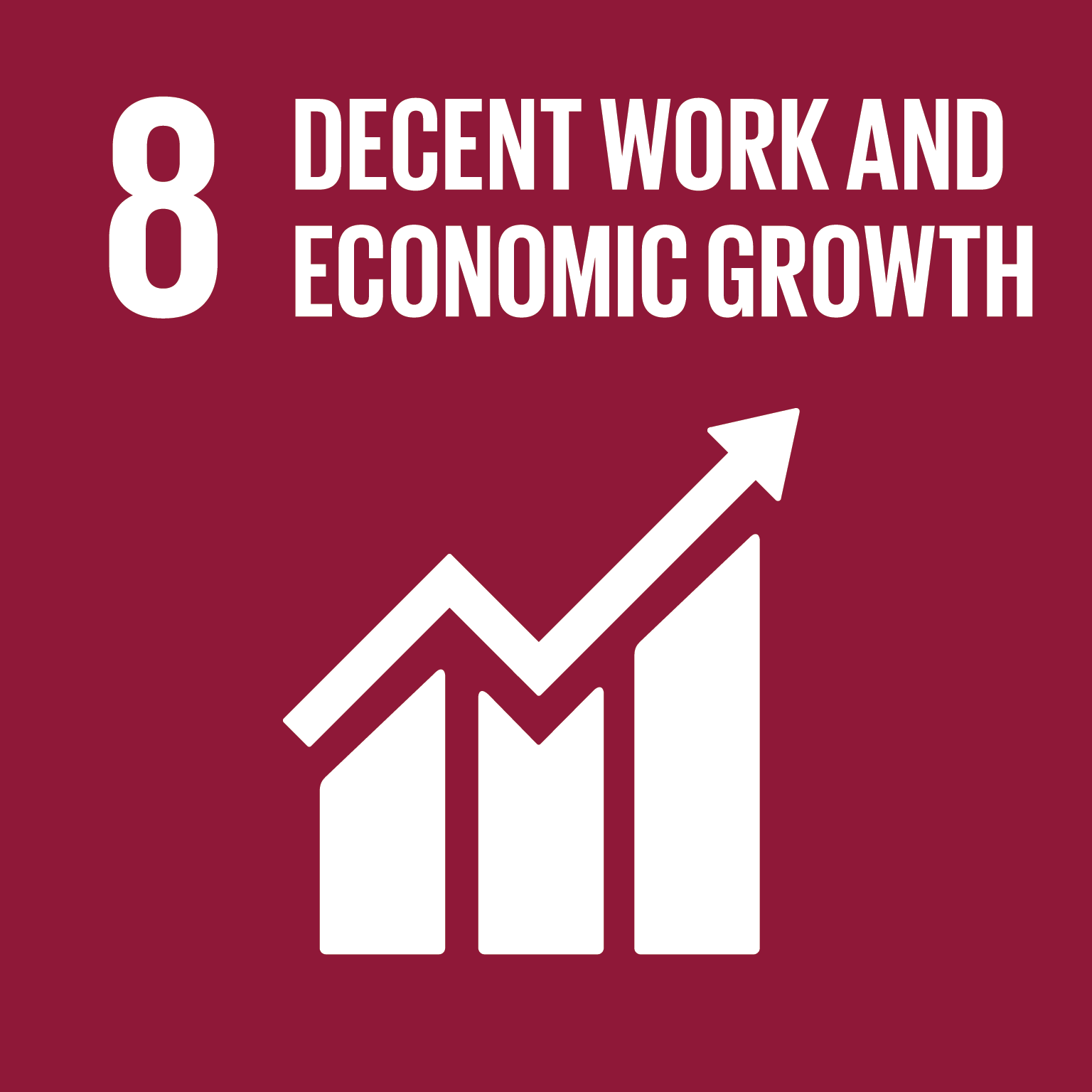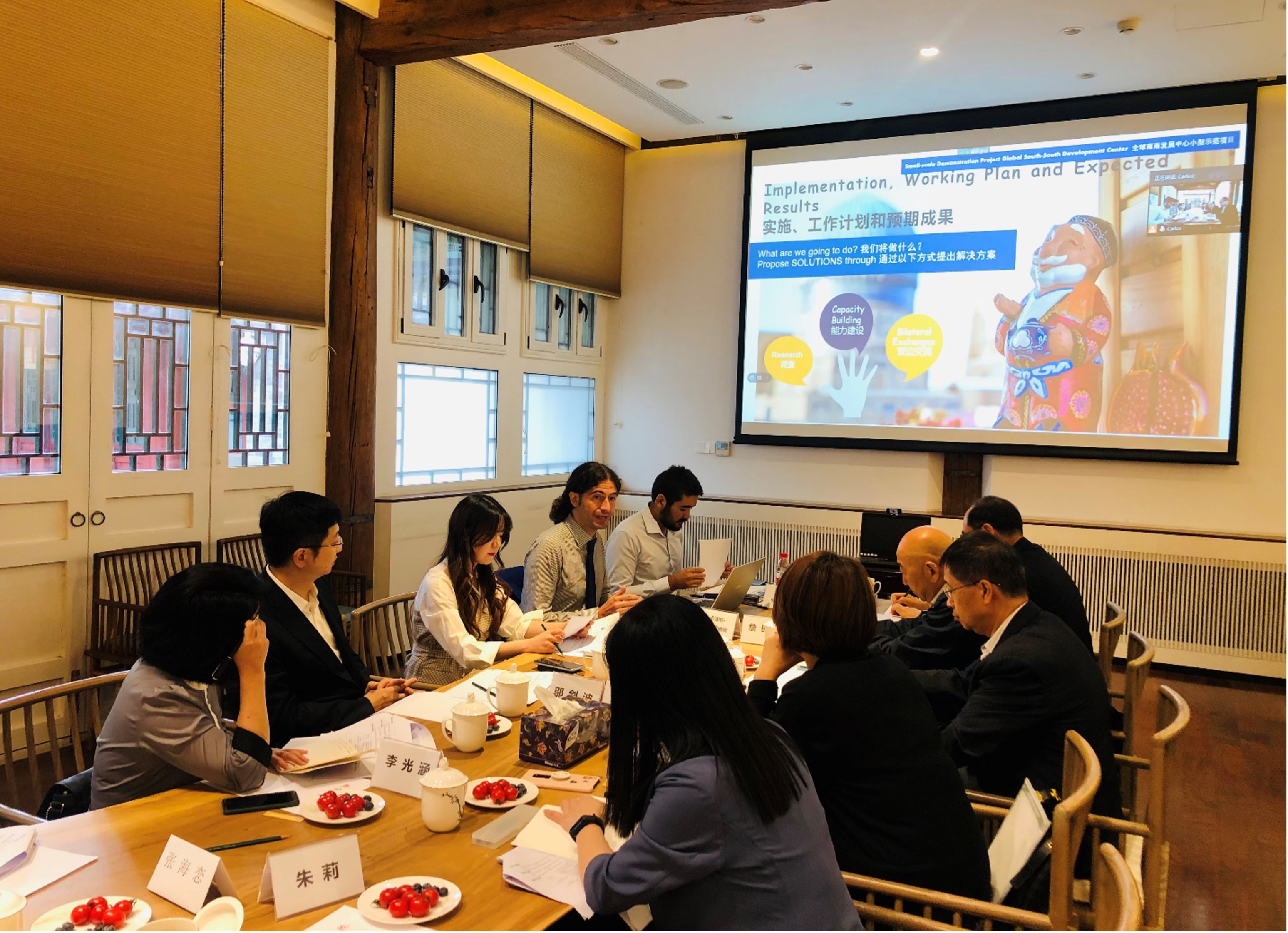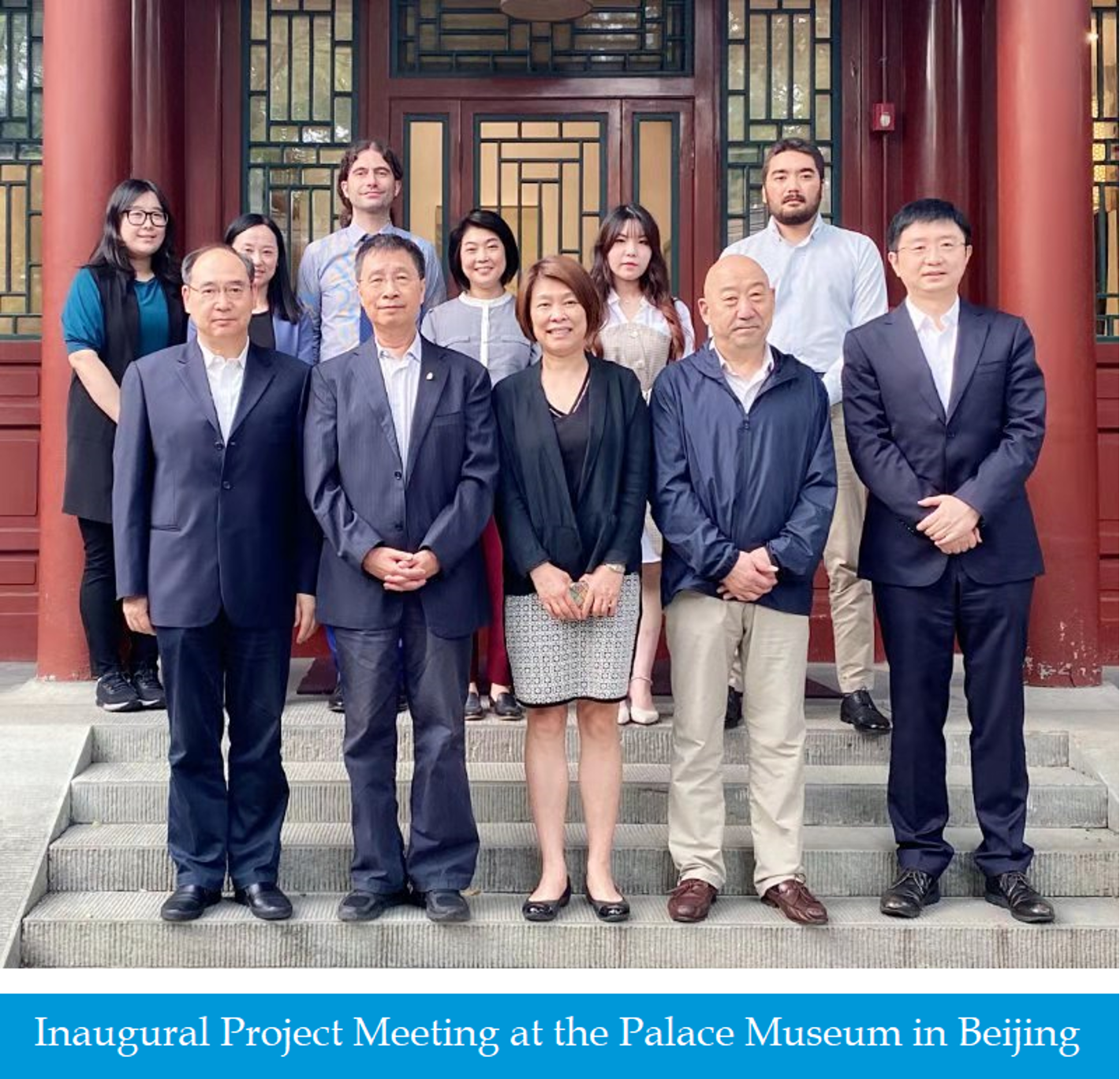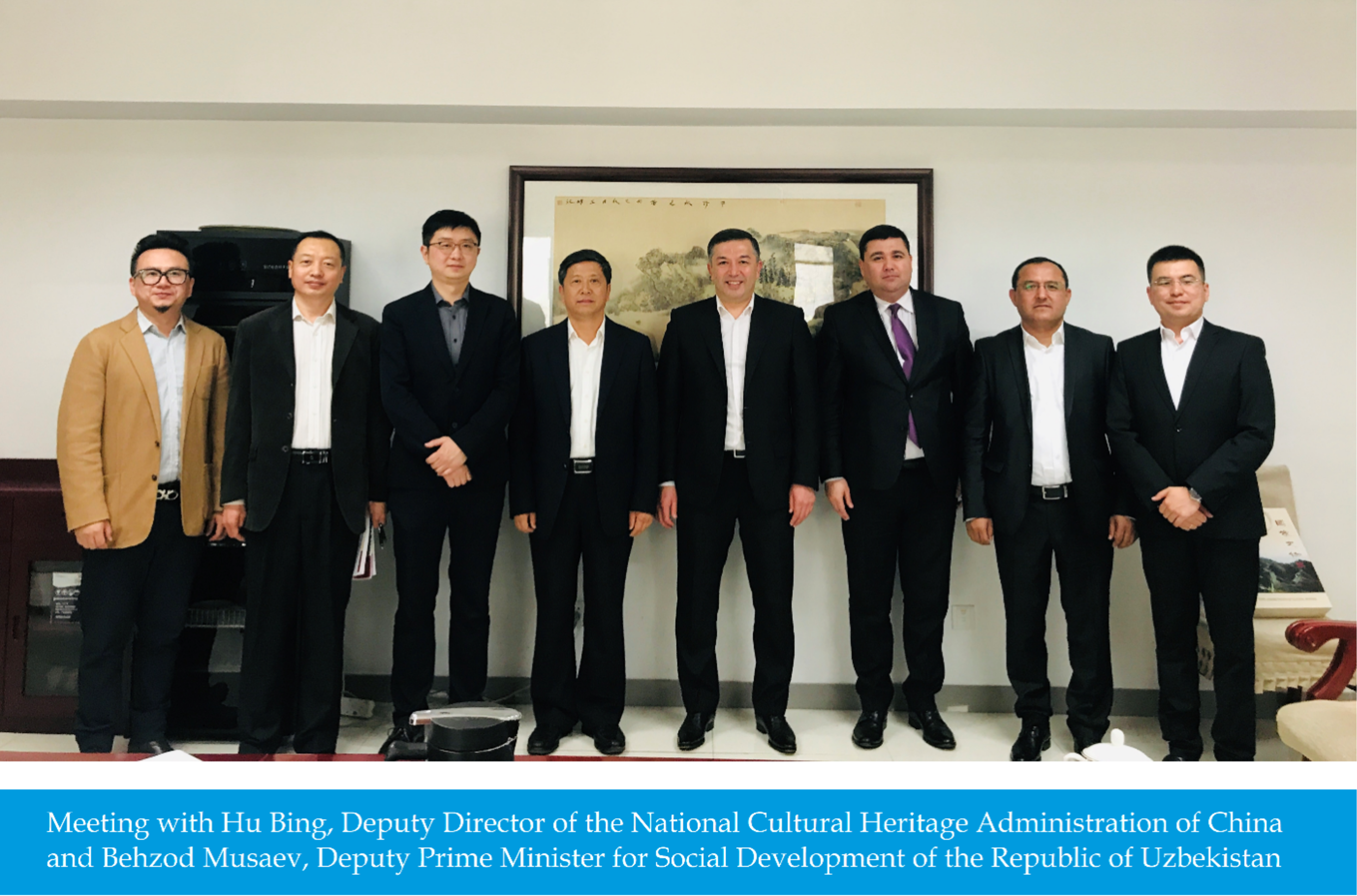 Tourism for Women’s Development in Uzbekistan
Improving sustainability and equity in the tourism sector through Sino-Uzbekistan experience-sharing and capacity building
Tourism for Women’s Development in Uzbekistan
Improving sustainability and equity in the tourism sector through Sino-Uzbekistan experience-sharing and capacity building

Challenges
In the past three decades Uzbekistan, a landlocked developing country, has experienced significant population growth, while facing persistent problems with high unemployment, gender inequalities in the labour market and slow economic development.
Employment in the informal economy accounts for 49.4 percent of the labour force. Youth and women face particular difficulties in achieving well-paid work. Statistics from an International Labour Organization report show that in 2018 youth employment in Uzbekistan was almost double the overall rate and the ratio of women’s wages to men’s wages was 64.8 percent. The country has had significant out-migration since 2009, with 2.6 million Uzbekistani nationals currently working abroad. Thus, the country has a pressing need to develop greater employment opportunities, particularly within the formal sector.
As a crossroads of the ancient Silk Road, Uzbekistan has a rich cultural heritage and many historical sites. Thus, the tourism sector in Uzbekistan has significant potential for promoting widespread employment and economic growth.
Towards a Solution
Tourism has been a source of equitable employment in many countries, with statistics from the World Tourism Organization showing that women account for 54 percent of tourism workers, with a smaller gender wage gap than other industries and a greater number of women in leadership roles. Tourism, therefore, can play a greater role in addressing unemployment and gender inequality problems and drive socioeconomic growth in Uzbekistan.
The China-Uzbekistan Tourism Promotes Poverty Reduction, Employment and Women’s Development in Uzbekistan project supported growth of sustainable forms of tourism in Uzbekistan. The Chongqing Training Center for International Cooperation (CTCIC) from China coordinated project operations and managed the formulation and implementation of project activities. The Ministry of Tourism and Sports of the Republic of Uzbekistan, the Tourism Development Institute of Uzbekistan and the Agency for Cultural Heritage of Uzbekistan acted as partners and focal points for project activities in the country. Various other Chinese and international organizations and institutions, such as the National Cultural Heritage Administration of China, the Central Academy of Culture and Tourism Administration of China, the China Foundation for Cultural Heritage Conservation, the World Tourism Alliance, Peking University and the Beijing Palace Museum, provided support and contributed to the project’s successful implementation.
A high-profile group of Chinese experts participated in and supervised the project activities, offering feasible solutions, exchanging professional knowledge and ensuring valuable contributions on the matters of poverty alleviation, gender equality promotion and economic growth for the beneficiary parties. Beginning with analysis of a questionnaire answered by 53 senior representatives of Uzbekistan’s tourism industry, the expert team identified the main challenges, opportunities and weaknesses for further development in the tourism sector. Building on this analysis, the expert team published 13 reports and conducted 21 demand-oriented online capacity-building training sessions with a total attendance of 620 officials, experts and tourism professionals from Uzbekistan. Topics covered during the training included measures to improve visitor experiences, how to create new jobs in museums and cultural heritage sites, digitalization to raise the skill level of tourism workers and driving public engagement in historic sites. In-depth experience sharing took place from community-based tourism projects, discussing how to achieve positive impacts on female and rural employment and economic development.
The project concluded with the hosting of an international symposium “Cultural Heritage Preservation and Tourism Promotion in Uzbekistan: From Theory to Action, "which gathered more than 20 top experts and 300 attendees from China, Uzbekistan and neighbouring countries to share the results of the project activities, promote concrete actions to drive investment in selected Uzbekistan cultural heritage sites and promote the widespread use of advanced cultural heritage preservation and management techniques as a catalyst for employment creation, poverty alleviation and sustainable tourism development. Participants included experts from prestigious institutions and organizations, including the Uzbekistan Academy of Sciences, Silk Road International University of Tourism and Cultural Heritage, Tsinghua University, Peking University, Northwestern University (China) and the Palace Museum.
The project significantly contributed to enhancing Sino-Uzbekistan exchange and dialogue, establishing a stable and long-lasting cooperation mechanism that will continue to produce beneficial and meaningful results and paved the way for further actions on sustainable tourism development, poverty reduction, gender equality and economic growth in both countries. In recognition of the project’s contributions towards China-Uzbekistan cooperation in tourism development, poverty reduc- tion, employment and women’s development, three members of the expert team were appointed as honorary advisors to Uzbekistan’s Tourism Development Institute.
Beyond the project, a permanent onsite working team was established in Tashkent, Uzbekistan, to maintain direct contact with the project team and the Chinese experts to assist with carrying out further actions over the medium and long-term. With their cooperation and based on the capacity building workshops conducted during the project, the Tourism Development Institute held a further series of six training activities on-site in Uzbekistan, which imparted skills to 823 participants. Based on the business and professional skills developed during these sessions, 105 people from seven villages of the Qashqadaryo Region, 53 of whom were women, successfully opened ten guest houses catering to tourists. Tourism managers learned from the anti-epidemic measures adopted at scenic spots across China to better manage the safe re-opening of destinations in Uzbekistan.
Largely conducted online owing to COVID-19 pandemic travel restrictions, the meetings, training workshops and symposiums organized under the project framework demonstrated a new model for international cooperation and a successful and replicable example of South-South collaboration. While focused specifically on cooperation in cultural heritage and tourism, the collaboration methods adopted by the Chinese and Uzbekistan experts to jointly analyze local conditions and conduct appropriate training sessions will be highly relevant for future international projects in many fields.
Contact Information
Countries involved
Supported by
Implementing Entities
Project Status
Project Period
Primary SDG
Primary SDG Targets
Secondary SDGs
Secondary SDG Targets
Similar Solutions
| NAME OF SOLUTION | Countries | SDG | Project Status | |
|---|---|---|---|---|
A-Card Initiative |
China, Uzbekistan | 10 - Reduced Inequalities | Completed | View Details |
Accelerating Digital Transformation in All Ministries in Bangladesh Promoting the rapid design and implementation of plans to digitize all ministries and subordinate government institutions in Bangladesh |
China, Uzbekistan | 10 - Reduced Inequalities | Ongoing | View Details |
Accelerating the Implementation of African Union Treaties in São Tomé and Príncipe South-South learning from the Beninese judicial system’s experience in the application of human rights treaties to its national law |
China, Uzbekistan | 05 - Gender Equality | Completed | View Details |
Accelerating the Transformational Shift to a Low-Carbon Economy in Mauritius Towards supplying 35 percent of the country’s energy needs with renewables by 2025 |
China, Uzbekistan | 05 - Gender Equality 09 - Industry, Innovation and Infrastructure 13 - Climate Action | Ongoing | View Details |
Accessibility of Financial Services and the Private Sector in Africa Maximizing the impact of financial cooperation on economic development and industrialization in Africa |
China, Uzbekistan | 08 - Decent Work and Economic Growth | Completed | View Details |


